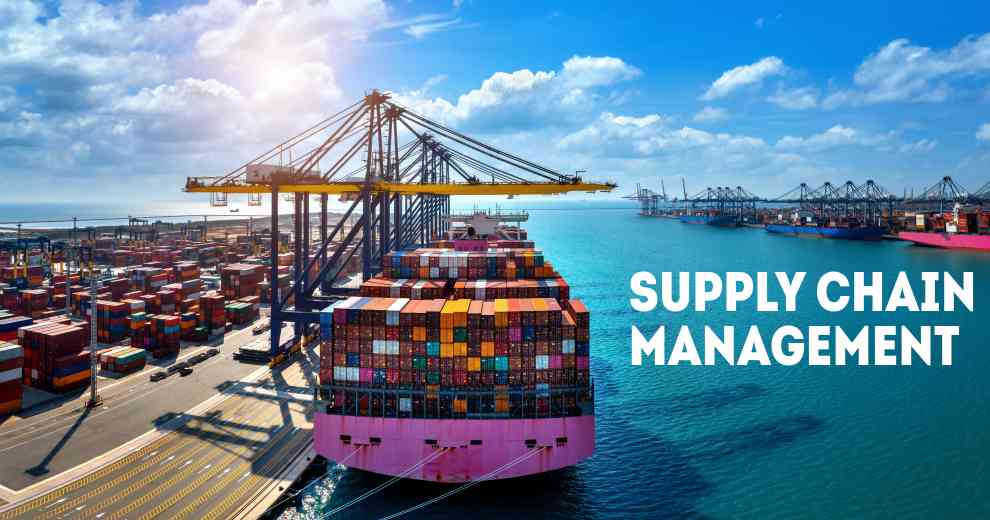In today’s era of rapid digital transformation and economic unpredictability, businesses across the globe are facing mounting pressure to build resilient and efficient supply chains. The growing volatility in demand, coupled with evolving consumer behavior and operational complexity, has made traditional supply chain methods increasingly inadequate. Enter Machine Learning (ML)—a revolutionary force poised to reshape procurement and supply chain management as we know it.
The Rise of Machine Learning in Supply Chain
Machine Learning, a core subset of Artificial Intelligence (AI), empowers systems to learn from data, recognize patterns, and make intelligent decisions—all without explicit programming. By training algorithms on historical and real-time data, ML systems can self-optimize and improve continuously. This dynamic capability makes ML uniquely suited to address both existing and emerging challenges in the supply chain.
In 2025, the use of machine learning in supply chain operations has become a competitive imperative rather than a technological experiment. From predictive analytics and automation to intelligent inventory management, ML is helping companies streamline operations, reduce costs, and enhance decision-making across the entire supply network.
Key Applications of Machine Learning in Modern Supply Chains
1. Predictive Analytics for Proactive Decision-Making
Predictive analytics allows companies to make smarter, data-driven decisions by uncovering patterns and trends in their data. With the help of ML, organizations can now forecast demand with high accuracy, optimize procurement schedules, and adapt to market changes in real-time.
A study by the Council of Supply Chain Management Professionals revealed that 93% of shippers and 98% of third-party logistics providers view data-driven decision-making as critical. ML-powered predictive analytics strengthens strategic planning and mitigates risk by providing real-time insights into future scenarios.
2. Smart Inventory Management
Inventory mismanagement can result in costly delays or wasted resources. Machine learning enables businesses to maintain optimal stock levels by analyzing consumption patterns, lead times, and seasonal demand fluctuations. This not only prevents overstocking and understocking but also supports uninterrupted production cycles.
In 2025, many companies are leveraging ML to achieve real-time inventory visibility and automate replenishment, thereby maintaining a lean and responsive supply chain.
3. Automation and Intelligent Operations
From autonomous warehouse robots to AI-powered order sorters and RFID systems, automation is transforming how supply chain tasks are executed. ML enhances automation by enabling systems to adapt based on past performance, errors, and situational changes.
Businesses are also deploying drone deliveries, smart sensors, and IoT-connected logistics to increase speed and precision. This wave of intelligent automation is significantly reducing manual intervention while boosting productivity and customer satisfaction.
4. Optimized Production Planning
Production planning is one of the most complex areas in supply chain management. With machine learning, companies can now simulate production scenarios, identify bottlenecks, and fine-tune operations using historical data and real-time insights.
ML facilitates the creation of agile production environments that can swiftly respond to disruptions—whether due to supply shortages, labor constraints, or geopolitical tensions.
5. Dynamic Inventory Optimization for SMBs
Machine learning has democratized access to advanced inventory management solutions, even for small and mid-sized enterprises (SMEs). By utilizing ML-driven models such as Just-In-Time (JIT) and Vendor Managed Inventory (VMI), businesses can better align procurement with actual demand, reducing waste and increasing efficiency.
This shift toward dynamic inventory systems helps companies build smarter and more collaborative relationships with suppliers.
6. Reduced Costs and Faster Response Times
Machine learning allows businesses to optimize delivery routes, anticipate delays, and automate responses based on real-time and historical logistics data. This results in lower fuel costs, reduced emissions, and improved fleet utilization.
Additionally, ML enables seamless integration of freight, warehousing, and transportation systems—helping companies lower administrative overhead and operate with greater efficiency.
A Look Ahead: The Intelligent Supply Chain of the Future
As global supply chains become more interconnected and complex, the role of machine learning will only grow. Industry analysts predict that by the end of 2025, more than 50% of leading supply chain organizations will be using AI and ML technologies to drive innovation, efficiency, and resilience.
From optimizing delivery networks to predicting geopolitical risk and automating supplier selection, the applications are endless. The businesses that thrive in the years ahead will be those that embrace machine learning as a strategic tool for continuous improvement and competitive advantage.
Conclusion
The integration of machine learning into supply chain management is no longer optional—it is essential. In a world marked by constant change and high expectations, ML equips businesses with the foresight and agility needed to survive and succeed.
As we navigate the future of global commerce, one thing is clear: machine learning isn’t just transforming supply chains—it’s redefining them.





